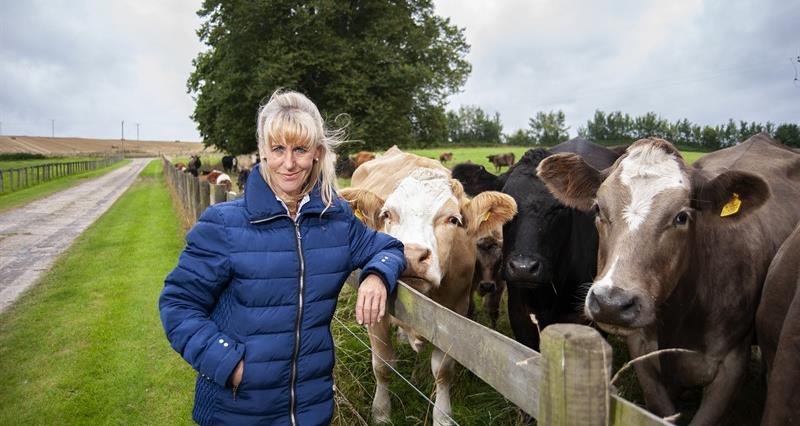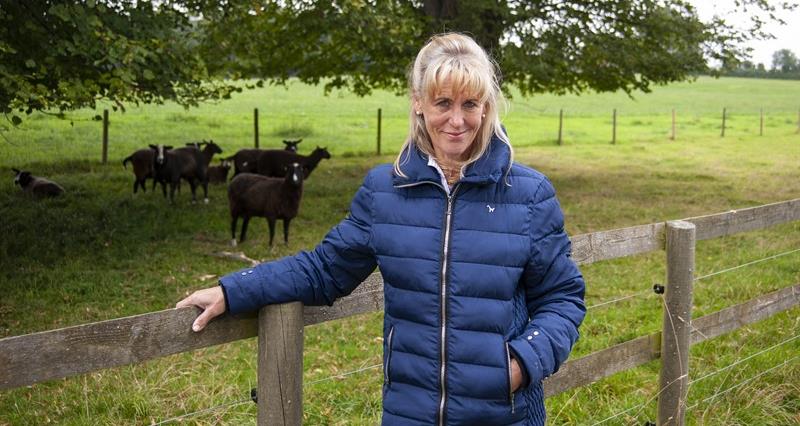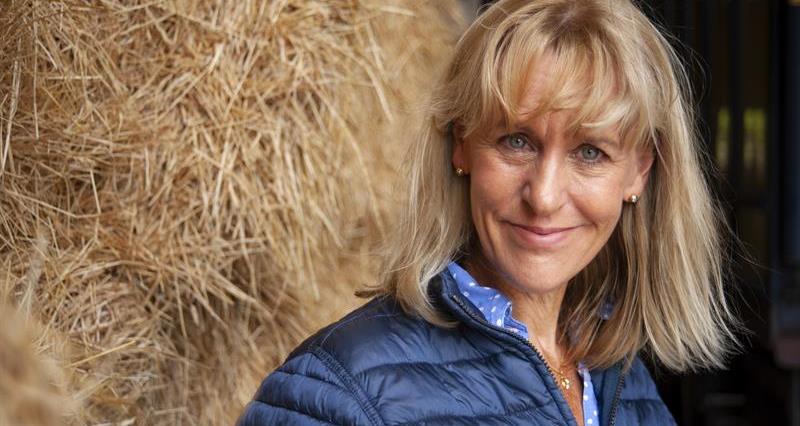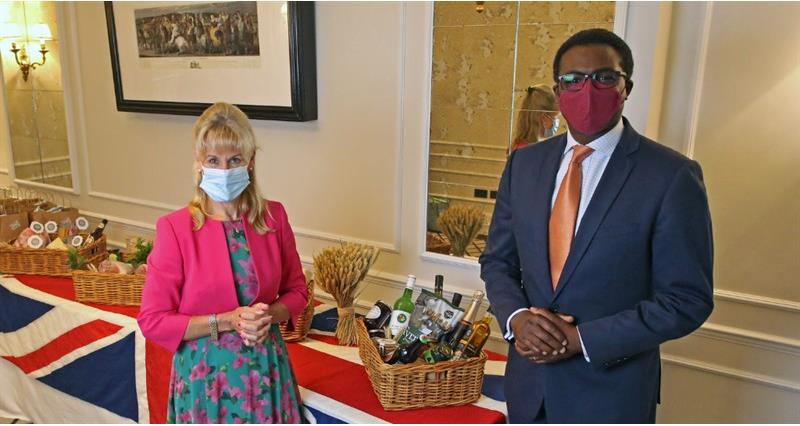On the face of it, there appears to be very little in here that benefits UK farmers. We will analyse the detail in full but it would seem there is much to please our Australian counterparts who have successfully negotiated huge wins for their highly proficient agri-food exporters.
Unfortunately this will just heap further pressure on British farm businesses already facing serious challenges such as a squeeze on labour, the phasing out of support payments and rocketing input costs.
In particular, it is extremely disappointing to see that the UK government has given in to Australian demands on the final outstanding areas still being negotiated, those relating to the administration of quotas and safeguards.
“Today, British farmers are being asked to go toe-to-toe with some of the most cost-effective food producers in the world. But there is scant evidence that the government has the vision to create the conditions to allow our farmers to compete.”
NFU President Minette Batters
This means, despite the UK government’s assurances on sensitive sectors, products such as beef and lamb will be completely liberalised with no safeguards after 15 years, sugar after eight years and dairy after just six. Furthermore, the quotas will be calculated on the basis of product weight, meaning more high-value cuts can be prioritised for export by Australian producers putting further pressure on market returns for British beef and lamb producers.
The NFU convened a summit of all of the key players in the UK’s food supply chain to discuss the range of pressures facing farmers and food producers in the UK right now. There was widescale agreement that industry and government would need to work together as a matter of urgency to ensure food remains affordable and available, and that businesses remain viable and can invest in the future.
Unfortunately, this deal does nothing to alleviate the situation, rather it risks exacerbating it. Today, British farmers are being asked to go toe-to-toe with some of the most cost-effective food producers in the world. But there is scant evidence that the government has the vision to create the conditions to allow our farmers to compete. Instead we see labour being squeezed and are told to accept rising input costs. We see blunt, new regulations adding costs to farm businesses in areas such as water quality and animal transport.
We hear warm words about new technologies to help productivity with little evidence of action. And we see almost nothing that will prevent an increase in imports of food produced well below the standards required of UK farmers, for instance on land cleared of forest for cattle production or systems that rely on the transport of live animals in ways that would be illegal in the UK.
Our experience of these negotiations has not lived up to the government’s ambitions for strong industry collaboration on trade deals. The NFU has consistently set out its concerns over the market access provisions in the deal, as well as the approach to the environment, animal welfare and climate change.
We had hoped that we might engage with negotiators on the details of these provisions prior to agreement, as is the norm in countries like Australia. Instead, we have consistently learned of the outcome of the negotiations after the fact, sometimes from the Australian government rather than our own. It is difficult to see any value in the current stakeholder engagement structures DIT has constructed to support its negotiations.
"Our experience of these negotiations has not lived up to the government’s ambitions for strong industry collaboration on trade deals. Instead, we have consistently learned of the outcome of the negotiations after the fact, sometimes from the Australian government rather than our own."
The truth is, when it comes to agriculture, this is a one-sided deal. The Australians have achieved all they have asked for. While none of us can predict the future, the upshot is likely to mean UK farmers increasingly competing against food that is produced under a system with different rules and with significantly lower costs of production.
The government should level with farmers about the commercial reality of this, dropping the trite assurances that our trade deals have British farmers’ interests at their heart and instead setting out the detailed, complementary policies that will help UK farmers compete and adjust. Implementing our three-point plan for getting farming 'match ready' would be a good start.
We have seen some welcome developments in recent weeks, including the announcement of additional agricultural attachés in our overseas embassies, and the commitment to establish a UK Export Council, but details remain sketchy and much more is needed. The Secretary of State for International Trade has said that 'promoting the interests of our farmers and food producers is a priority of our trade policy and our trade deals are delivering on this'.
I hope that MPs will now take a good, hard look at the deal – alongside the forthcoming analysis from the Trade and Agriculture Commission – to see if it really does match up to the government’s rhetoric to support our farmers’ businesses and to safeguard our high animal welfare and environmental standards. I fear they will be disappointed.



